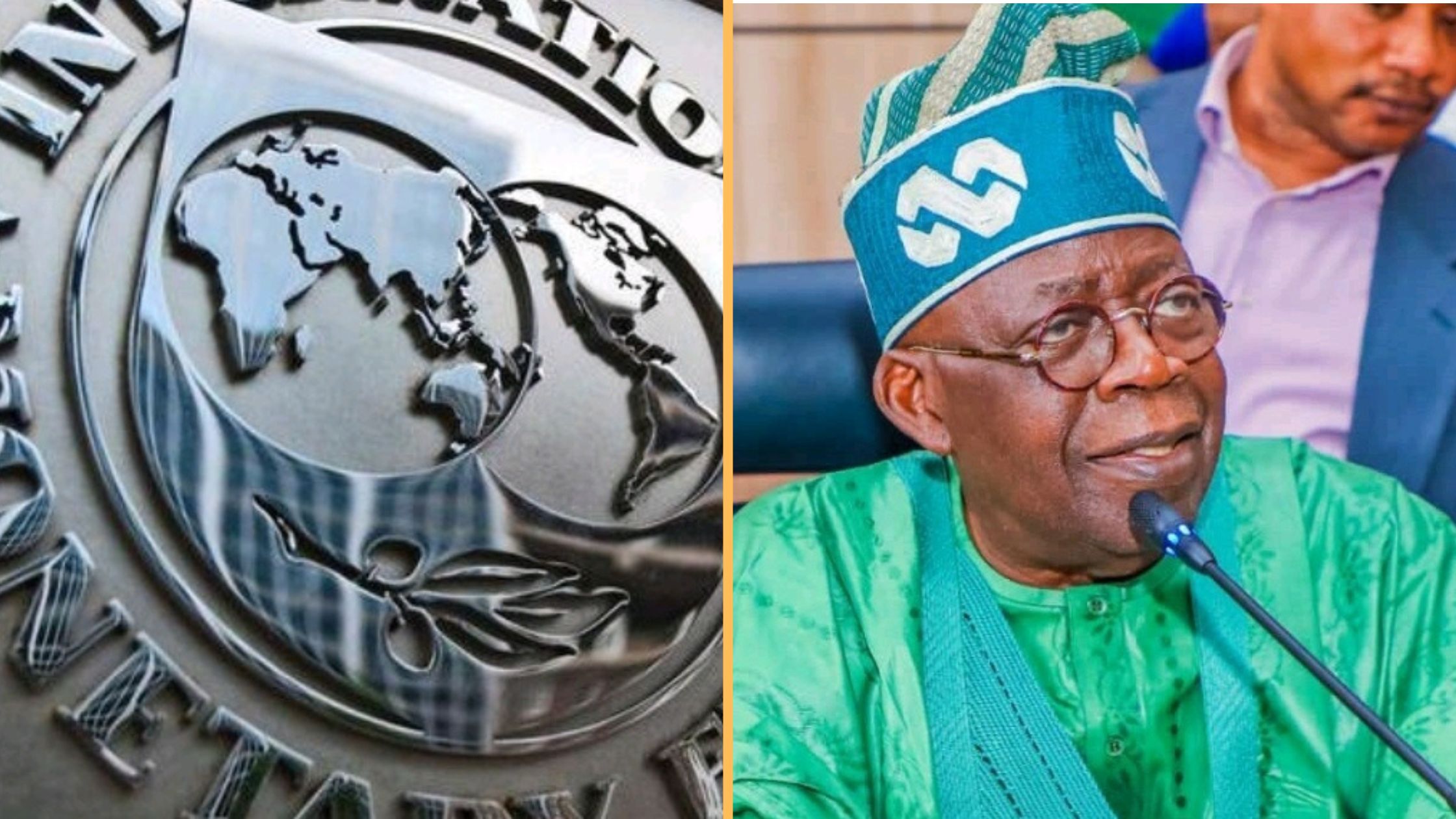![]()
![]()
![]()
NIGERIA NO LONGER AMONG AFRICAN COUNTRIES OWING IMF: EXITS IMF DEBTS

A recent report from the International Monetary Fund (IMF), titled "Total IMF Credit Outstanding – Movement from May 01, 2025 to May 06, 2025," reveals that Nigeria is not among the 91 developing and least developed nations currently indebted to the institution. As of May 6, 2025, these countries collectively owe the IMF $117,797,656,224.
The report defines "Total IMF credit outstanding" as the complete sum of unpaid principal owed by member countries. This includes both active loan agreements and those that have concluded.
When contacted for clarification, a high-ranking IMF official in Washington D.C., speaking on condition of anonymity, stated that the organization is working to verify the report's findings. The official acknowledged that Nigeria had previously obtained a Rapid Financing Instrument (RFI) loan during the COVID-19 pandemic.
Data from StatiSense, a data analytics firm, corroborates the IMF report. StatiSense confirmed on its X (formerly Twitter) platform that Nigeria is no longer listed among the IMF's debtor nations. Their data further indicates a progressive reduction in Nigeria's debt to the IMF: from $1.61 billion on July 28, 2023, to $1.37 billion on January 5, 2024; $933.03 million on July 10, 2024; and $472.06 million on January 8, 2025, culminating in full repayment this month. These figures were converted from Special Drawing Rights (SDRs), an international reserve asset created by the IMF, to U.S. dollars.
O’tega Ogra, Senior Special Assistant to the President on Digital Engagement, Strategy, and New Media, characterized this development as a sign of the current administration's commitment to fiscal discipline, reform, and strategic realignment. He stated on X that these measures are intended to strengthen Nigeria's financial position for future prosperity.
Ogra emphasized that settling these outstanding debts enhances Nigeria's fiscal credibility and demonstrates the nation's commitment to responsible and visionary economic management.
He clarified that this does not preclude future engagement with the IMF or other international lenders. Nigeria remains a member of the IMF and can seek assistance if necessary. Future interactions, he suggested, will be more proactive and based on partnership, rather than dependence.
President Bola Tinubu, Ogra asserted, will continue to prioritize long-term reforms and sound financial management for the benefit of present and future generations. He concluded by urging confidence in Nigeria's progress.
The IMF has recently acknowledged Nigeria's ongoing economic reforms, describing them as bold steps that have contributed to economic stabilization and established a foundation for future growth.
During its 2025 Article IV Consultation Mission to Nigeria, led by Axel Schimmelpfennig, the IMF team noted that Nigerian authorities have taken significant steps to stabilize the economy, enhance resilience, and support growth, improving Nigeria's ability to navigate the global economic landscape. The IMF also pointed out that the macroeconomic outlook is marked by uncertainty due to elevated global risk sentiment and lower oil prices. It therefore recommended that macroeconomic policies need to further strengthen buffers and resilience, reduce inflation, and support private sector-led growth.
Schimmelpfennig highlighted key policy shifts, including the cessation of deficit financing by the Central Bank of Nigeria (CBN), the removal of fuel subsidies, and improvements in the foreign exchange market, as evidence of a commitment to reform.
Contextualizing the Debt: While Nigeria's repayment is a positive development, it's crucial to acknowledge the circumstances that led to the debt. The COVID-19 pandemic created significant economic challenges for many nations, including Nigeria, necessitating emergency funding from institutions like the IMF. This provides a balanced view, recognizing both the problem and the solution.
The Broader Economic Picture: The text mentions the IMF's commendation of Nigeria's reforms, but it's important to present a holistic view. Economic reforms often come with short-term challenges, such as increased living costs or adjustments in various sectors. Acknowledging these potential difficulties adds depth and credibility to the reporting.
Future Economic Relations: The statement about Nigeria's future relationship with the IMF being "proactive, not reactive" is significant. It suggests a shift towards more strategic and planned economic management. Exploring what this might entail – for example, seeking support for specific development projects rather than emergency funding – would be valuable.
Impact of Global Economic Factors: The IMF report highlights the impact of global risk sentiment and lower oil prices on the Nigerian economy. This shows that Nigeria's economic situation is not solely a result of domestic policies, but is also influenced by external factors.
The Role of Special Drawing Rights (SDRs): The explanation of SDRs is helpful, but further context could be added. For instance, how do SDRs function within the global financial system? What are their advantages and limitations? This would enhance readers' understanding of the financial mechanisms involved.
Posted on: Sat May 24 2025 Back to postsContact us on any of our socials for inquiries
Other Categories
